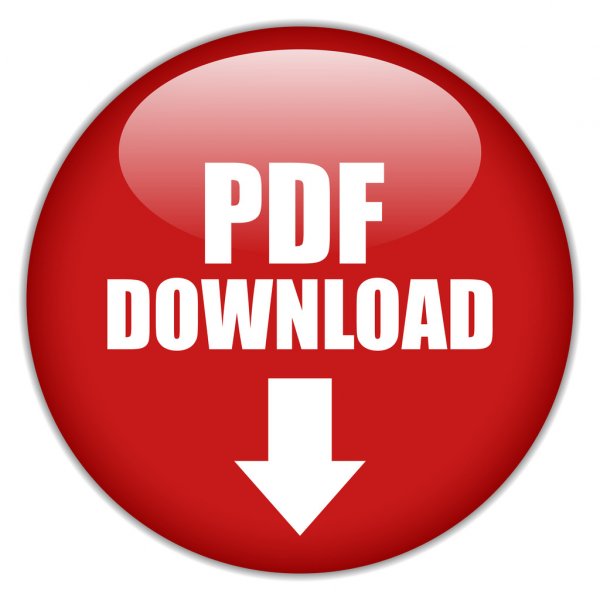
(www.MaritimeCyprus.com) The Standardised Vessel Dataset (SVD) for Noon Reports project was initiated following discussions amongst members of the Smart Maritime Council, a cross-industry membership group focused on technology harmonisation, standardisation and interoperability that includes vessel operators, technology providers and other stakeholders.
The group holds regular meetings in various shipping centres across the world to discuss the challenges impeding progress in maritime digitalisation, with the aim of identifying common pain points amongst shipping stakeholders and exploring ways of reducing those barriers through improved collaboration and standardisation.
The problem:
One of the issues repeatedly referenced during early Council meetings was inconsistency in shipboard data reporting formats, and how the need for customisation of software systems to accept similar but non-identical data sets was hindering data collection and analysis across much of the maritime sector.
Suggestions were requested from the group to find ways of improving this situation, with the creation of a standardised dataset proposed as a practical and achievable method of reducing some of the problems encountered in advancing vessel digitalisation.
With the decision made to create a standardised list of common vessel operational data points found in Noon Reports, the Smart Maritime Council worked with Stolt Tankers, one of the group’s shipping company Members, to create a template based on its own existing reports.
Creating a standardised Dataset:
Typical reporting items were selected, grouped by type (General Information, Weather, Fuel etc), and listed with a textbased description of what the item refers to – for example, ‘Position’ comes with the description ‘Current location of vessel at time of reporting’. These Noon Report elements were then organised into a structure with three basic components:
- a standard Data Point Name,
- Standard Units (or an agreed layout for reporting), and
- a specific ID based on the ISO 19848 reporting structure.
In creating this template, research was also conducted to identify existing open international standard formats already applying to the items included in the Noon Report list, such as those used by maritime groups like the Digital Container Shipping Association (DCSA) in its published JIT Port Call Data Definitions and its Standards for Operational Vessel Schedules. The Port Information Manual produced by the International Taskforce Port Call Optimization (ITPCO) was also used as a reference.
Find out more by downloading the complete report "Standardised Vessel Dataset (SVD) for Noon Reports", below:
Source: Smart Maritime Council














